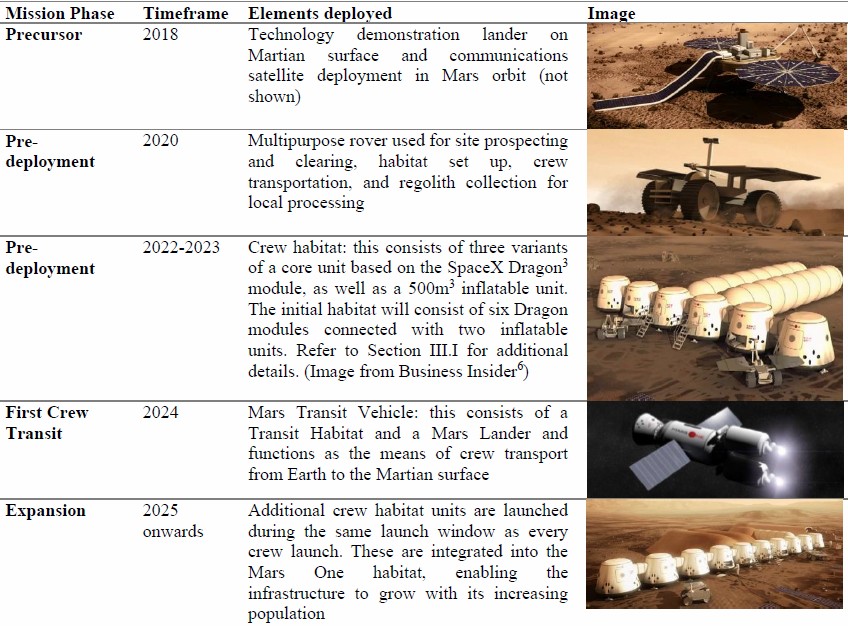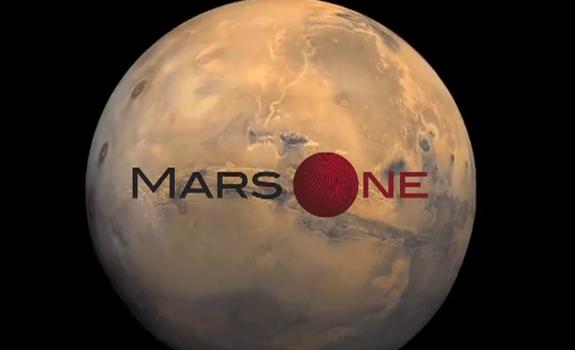February 27, 2015 – A few days away in Jamaica this week and I am feeling the vibe of that island even while sitting down to write about a journey far longer than a hop across the Caribbean from Florida to Montego Bay.
In the last two week the Mars One mission announced it had narrowed down to 100 finalists from the original 200,000 applicants. The press couldn’t help themselves jumping on this story. But another one was lurking in background.
It seems that Mars One is not really going anywhere. The reason, it has yet to be able to pay its contractors, Lockheed Martin and Surrey Satellite Technology, beyond creating conceptual plans for the preliminary robotic spacecraft and landers needed to set the stage for establishing a future human colony on the planet’s surface.
In July of last year I posted a blog about the issuing of a 56-page specification and requests for proposals for these two important first steps in the Mars One timeline. But since both Lockheed Martin and Surrey delivered on the RFP nothing further has happened. Based on mission timelines, see below, with the orbiter supposed to be sent to Mars in 2018, to build and deliver the spacecraft Mars One is running out of time.
Lockheed Martin intended to use the Phoenix mission design for the lander and maybe the orbiter can also be built using the technology and schematics from other Mars missions. But unless Mars One gets more sponsors or its crowdfunding efforts spectacularly improve it would seem that the 100 finalists and the eventual 24 final picks will have nowhere to go but Earth.
Of course the Mars One project has many detractors, one of which is not Elon Musk. He remains enthusiastic about helping Mars One achieve its goal of a permanent human colony on the Red Planet. But the technology to keep humans alive indefinitely on Mars still does not exist according to Massachusetts Institute of Technology graduate student study that concluded Mars One colonists would be dead within a few months either from starvation or from asphyxia as dangerous levels of gases accumulate in the planned surface habitats.
Bas Landsorp, Mars One chief executive and co-founder has yet to address the recent comments about no further progress on these precursor robotic missions, both necessary if the colonization attempt is to go ahead. Instead the public relations engine, remember that’s what he knows best, is at work hyping the colonist selection process. This is grossly unfair to those who will likely, should Mars One go ahead, be on display in a reality television drama that will witness their deaths.
As I have stated before, if humans are to colonize Mars we need first to develop the space survival skills in near Deep Space or on the lunar surface where rescue within a few days would be possible should something go wrong.
This is not the equivalent of the first European voyages to settle in North America and so many of those pioneers died shortly after arrival. They had air to breath and water to drink. And they even had other humans living nearby that could show them how to survive in their New World. And yet so many succumbed.
My questions for Landsorp are this:
What makes you think you can successfully carry off Mars One when you cannot even get the preliminary stuff done?
How will you feel if you try shortcuts, which is effectively what you are doing to get Mars One done on your timetable, and watch those you send die in the attempt?

















